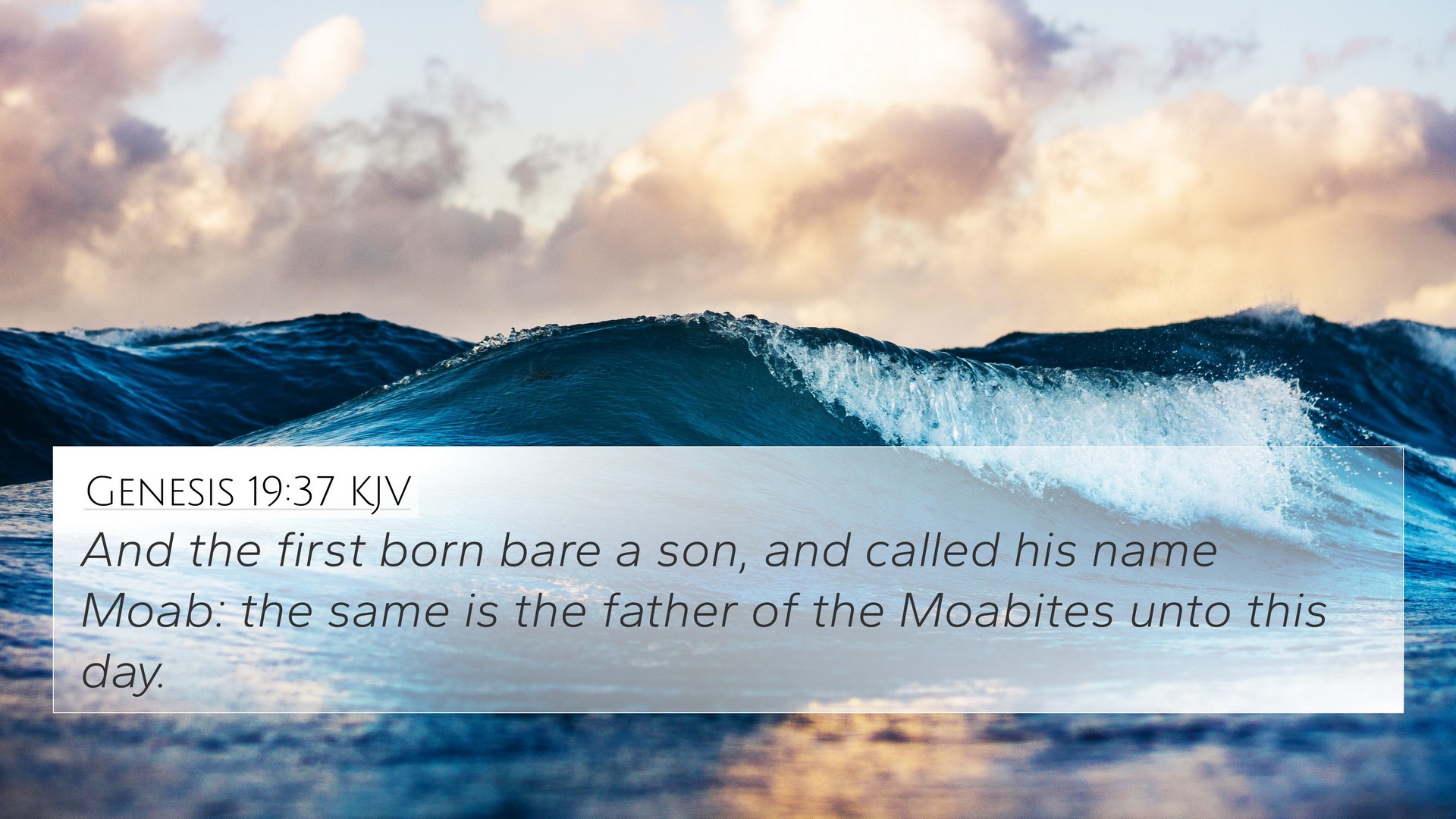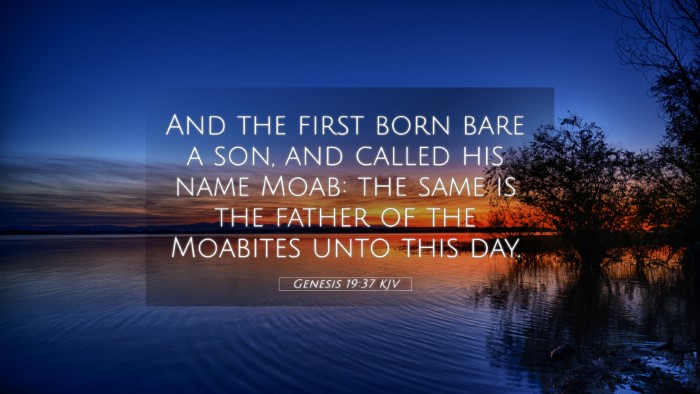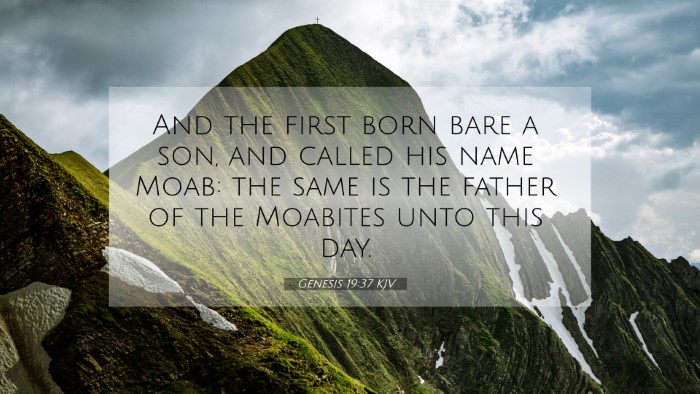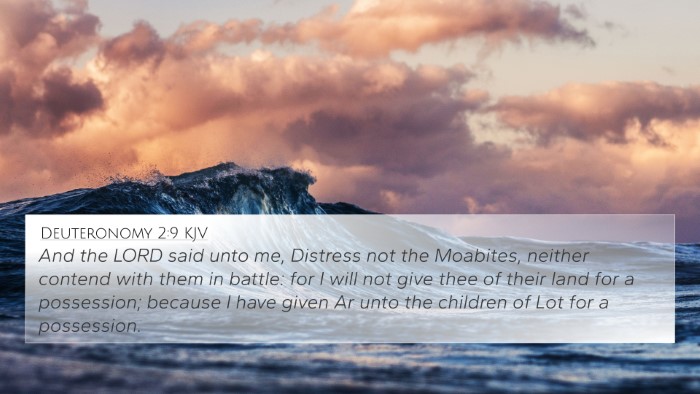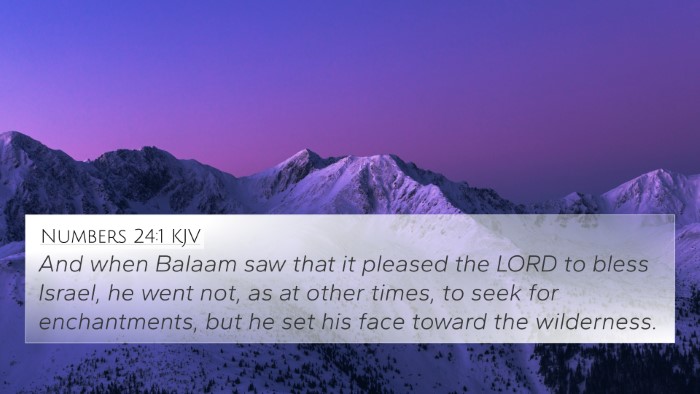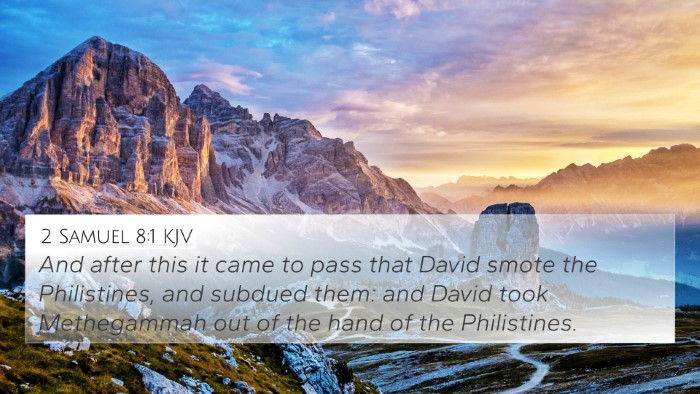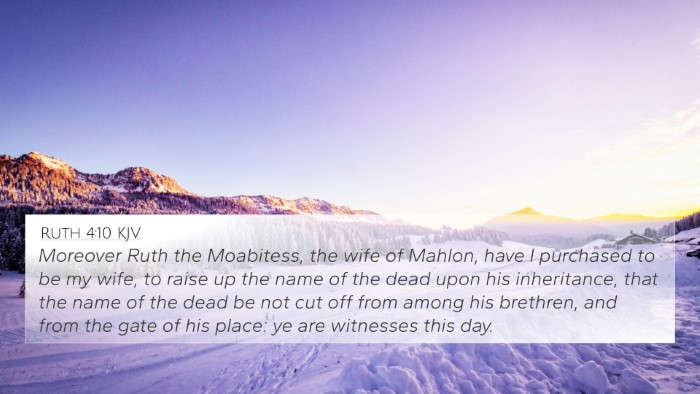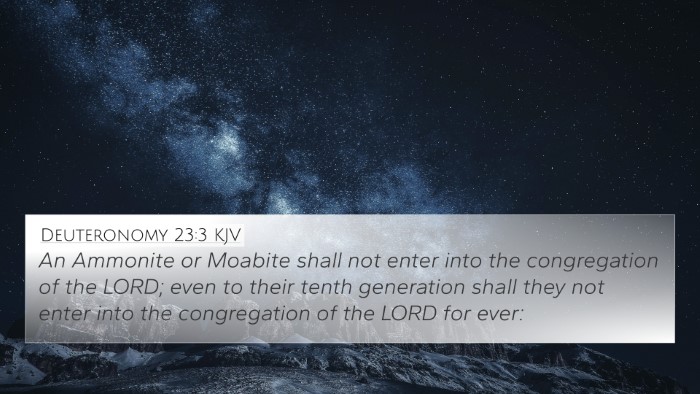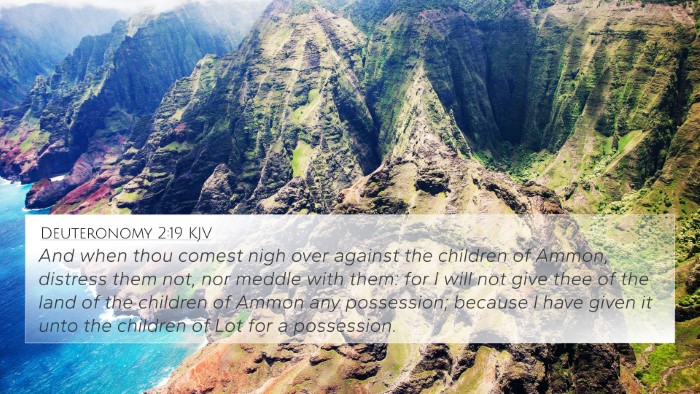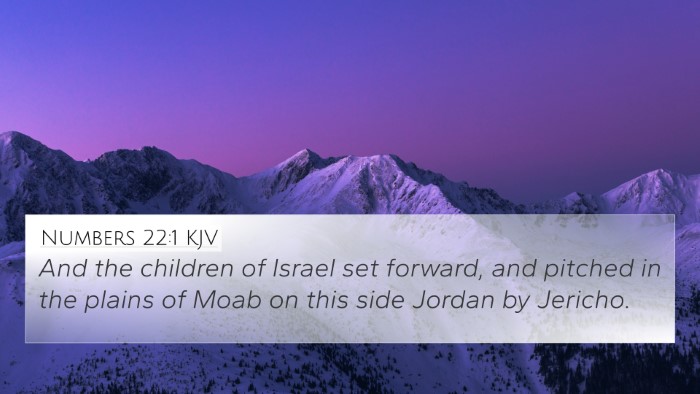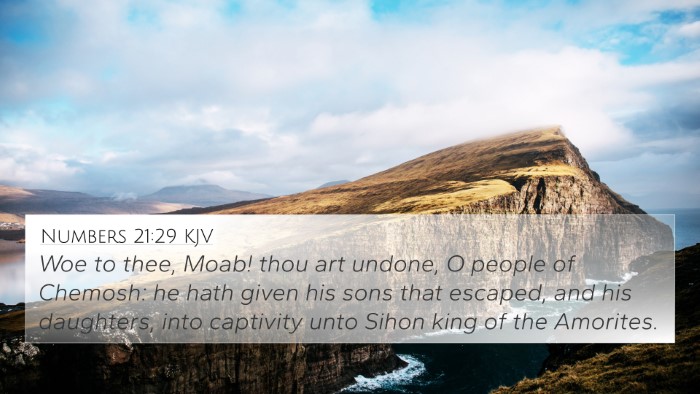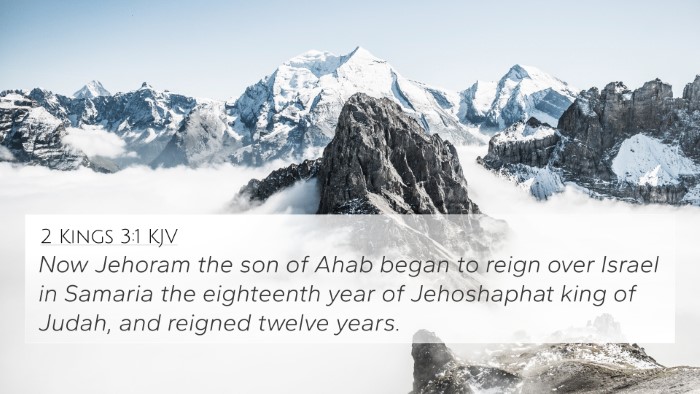Understanding Genesis 19:37
Genesis 19:37 states: "The firstborn bore a son and called his name Moab. He is the father of the Moabites to this day." This verse is part of a narrative that illustrates the origin of the Moabite people through one of Lot's daughters. Below, we will explore its meaning and implications through insights drawn from esteemed public domain commentaries such as those by Matthew Henry, Albert Barnes, and Adam Clarke.
Verse Analysis
This verse provides a historical account of the Moabites, derived from Lot's incestuous relationship with his daughter following the destruction of Sodom and Gomorrah. It serves not only to explain the lineage but to emblemize the complex themes of morality, survival, and the consequences of choices made in desperation.
Insights from Matthew Henry
Matthew Henry emphasizes that this narrative, while unsettling, illustrates God's oversight even in desperate human situations. He suggests that the origins of nations and people often come with moral complexities, encouraging readers to ponder the implications of Lot’s actions. Moreover, he highlights that despite the questionable actions, God allows history to unfold as part of His sovereign plan.
Insights from Albert Barnes
Albert Barnes notes that the Moabites, historically at odds with the Israelites, reflect significant biblical themes of conflict and lineage. He points out that the mention of Moab emphasizes the continuation of family lines, particularly in a culture that valued such lineage. Barnes invites readers to consider how this verse sets the stage for future interactions between the Israelites and Moabites throughout the biblical narrative.
Insights from Adam Clarke
Adam Clarke delves into the contextual background, explaining how the naming of Moab reflects the identity of the people and their subsequent actions in biblical history. He notes that understanding the origins of groups like the Moabites is crucial for comprehending the overarching narrative of the Israelites' journey. Clarke also remarks on the socio-political implications that arise from such family dynamics, which redefine societal structures in the biblical context.
Thematic Connections
This verse can be cross-referenced with several other scriptures that enrich our understanding of its themes and implications:
- Ruth 1:1-4 - The Moabites are integral to the story of Ruth, showing the interplay between nations and individual destinies.
- Deuteronomy 2:9 - Discusses God’s command regarding the Moabites, highlighting their historical significance.
- Jeremiah 48:1 - Prophetic reflections on the Moabites reveal their historical journey and divine judgment.
- Numbers 22:2-6 - The relationship between Moab and Israel becomes complex as seen in the narrative of Balak.
- Genesis 38:12-30 - Points to the lineage theme, connecting to the broader biblical narrative on family and relationships.
- Isaiah 15:1-9 - Prophetic declarations about Moab provide insight into the consequences of their choices.
- 2 Kings 3:4-27 - Illustrates ongoing conflict between Israel and Moab, enriching the narrative background of genealogical importance.
- Psalm 60:8 - David's proclamation concerning Moab underlines their role in Israel's history.
- Micah 6:5 - Reminds Israel of its history with Moab, pointing to the consequences of indifference and disobedience.
The Importance of Cross-Referencing
The connections between these verses and Genesis 19:37 illuminate the intricate relationships within the biblical text. Cross-referencing allows deeper exploration of themes such as:
- Lineage and Identity - The lineage established in Genesis sets a precedent for understanding identity throughout scripture.
- Moral Complexity - Many biblical narratives deal with flawed individuals and their choices—this theme is pervasive in the story of Lot and his family.
- Conflict and Resolution - The interactions between the Israelites and Moabites symbolize the larger biblical theme of God's sovereignty amidst human choices.
- The Nature of Sin - The historical account serves as a caution against the moral compromises that arise in desperate times.
Conclusion
Genesis 19:37 is not merely a historical note; it encapsulates vital themes that resonate throughout the Bible. By utilizing tools for Bible cross-referencing, readers are encouraged to connect various scriptures, enhancing their understanding of complex biblical narratives and themes. Understanding the origins of the Moabites through this verse allows for a richer engagement with the rest of scripture, showing how genealogies often bear witness to God's unfolding story.
Resources for Further Study
For those interested in digging deeper into biblical themes and cross-referencing, several tools and resources can be beneficial:
- Bible concordance
- Bible cross-reference guide
- Cross-reference Bible study materials
- Bible reference resources
- Books on comparative Bible verse analysis
Utilizing these resources can assist in identifying connections not just between Genesis 19:37 and other scripture, but across the entire biblical narrative, enriching your study and understanding of God's Word.
